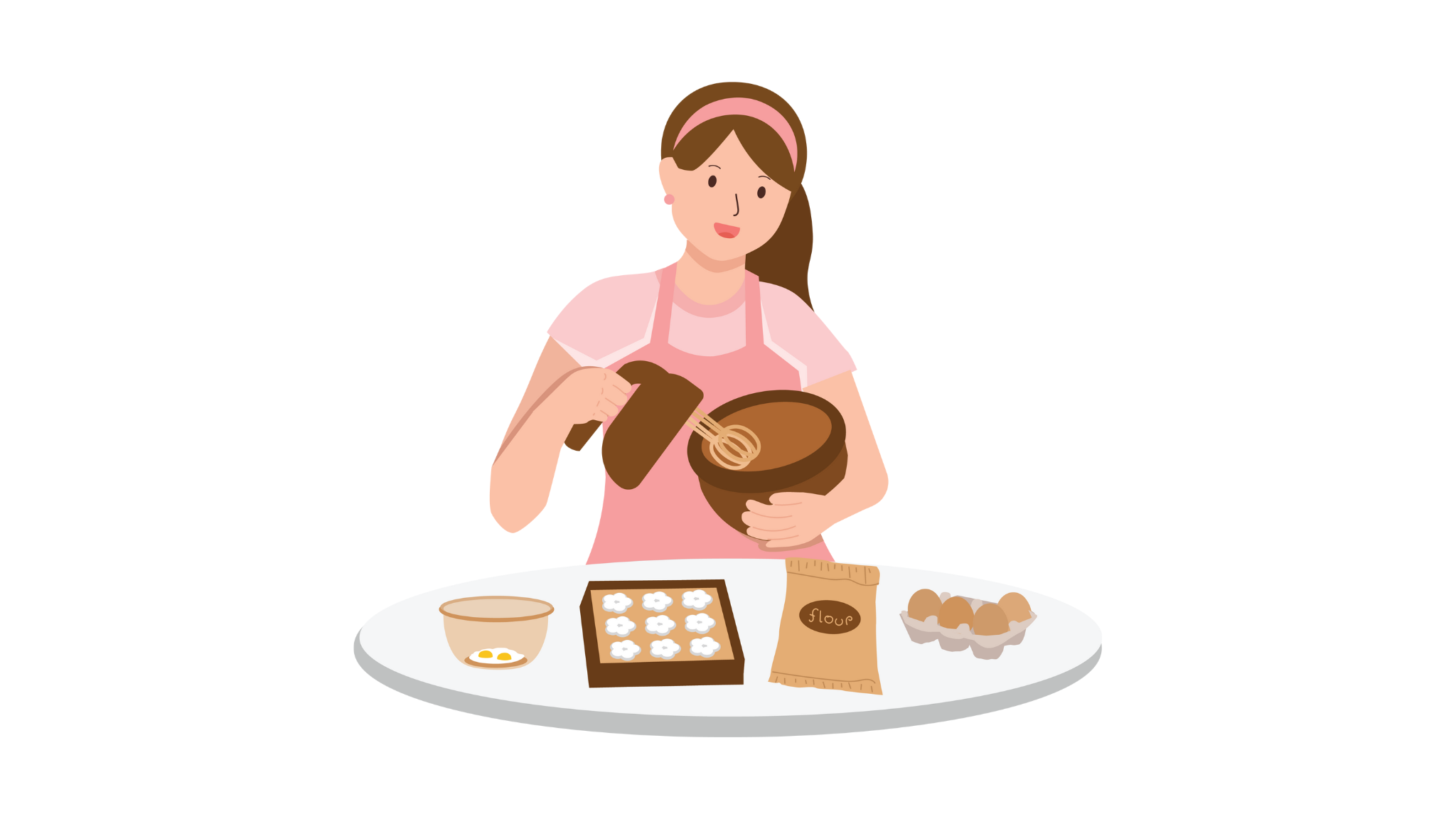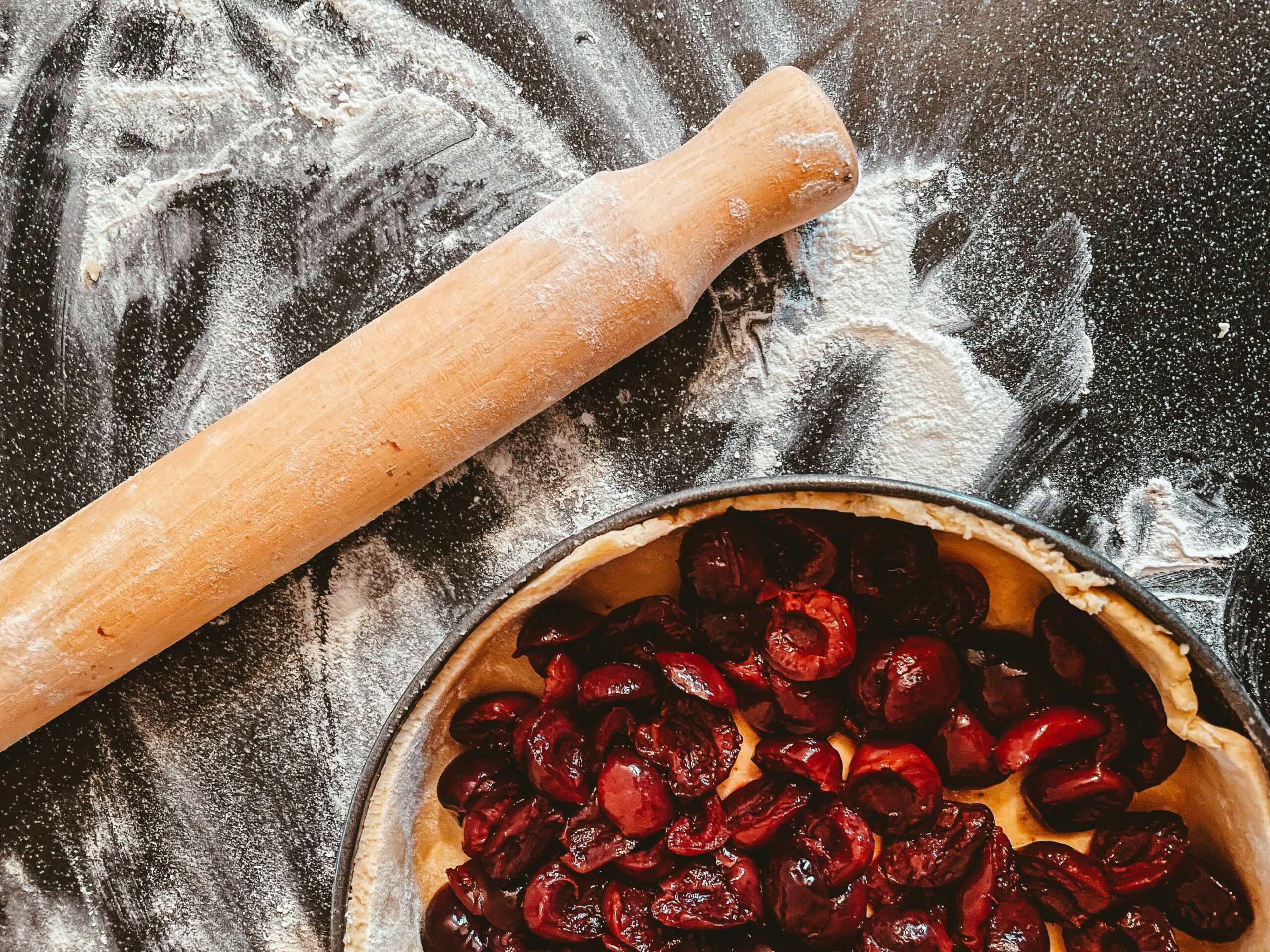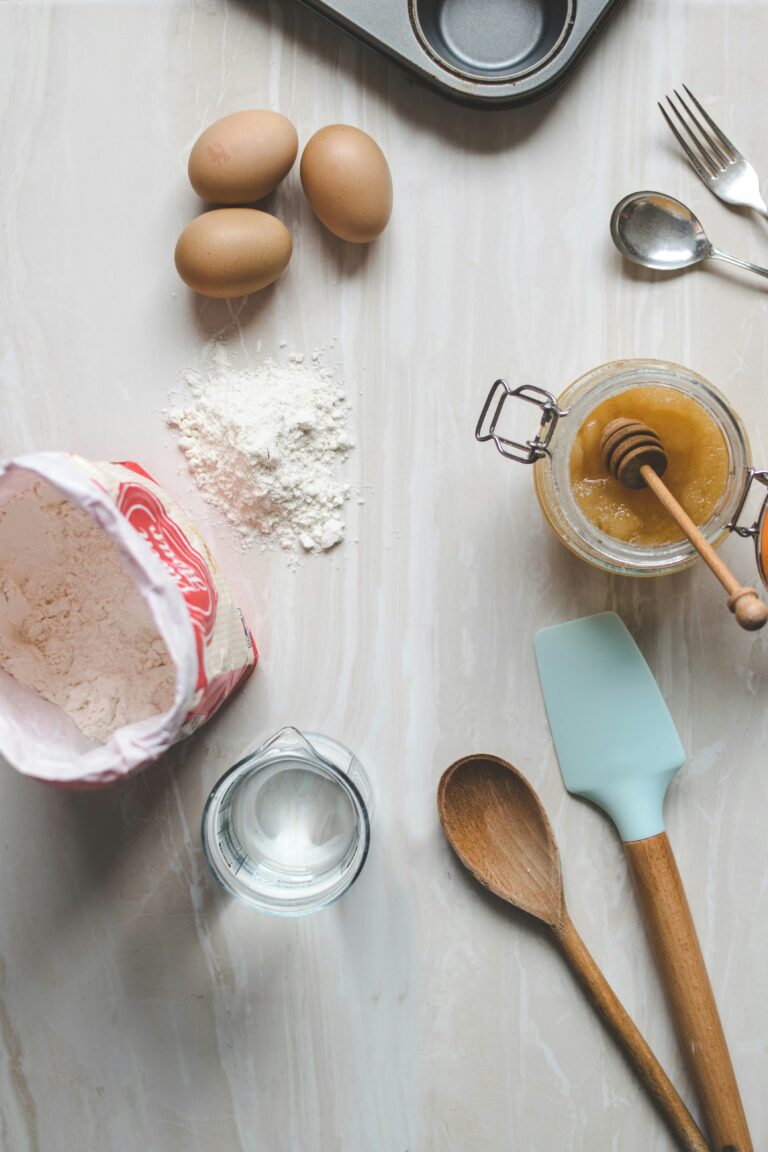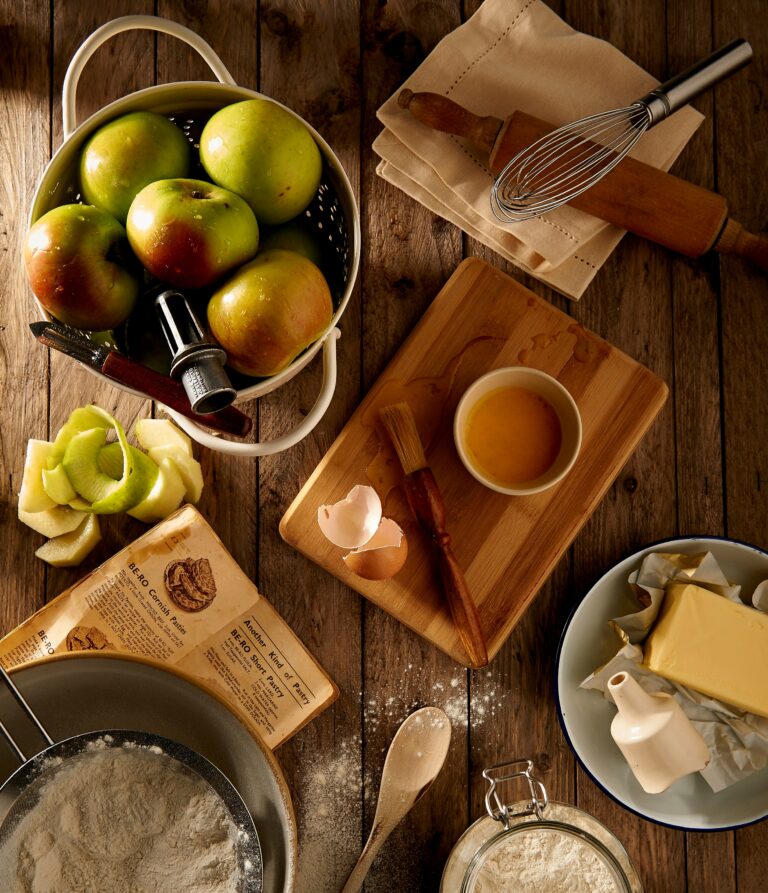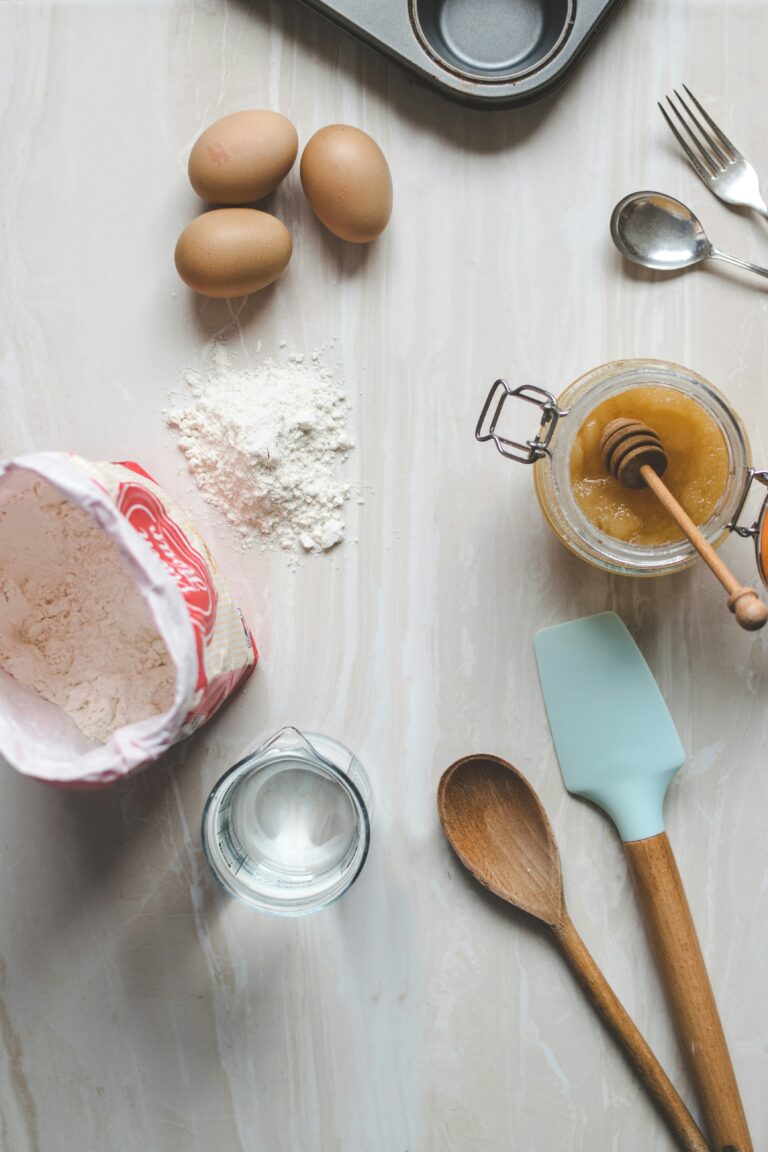Importance of Accurate Measurements in Cooking
Ensuring precise measurements in cooking plays a pivotal role in the success of any recipe. The impact of inaccurate measurements can lead to undesirable outcomes and affect the overall quality of the dish. Precision and consistency in recipes are key elements that contribute to a harmonious and flavorful culinary experience.
Impact of Incorrect Measurements
Inaccurate measurements can significantly alter the taste, texture, and appearance of a dish. Using too much or too little of an ingredient can throw off the balance of flavors and disrupt the intended culinary harmony. For example, adding extra salt or sugar beyond the specified amount can result in a dish that is overly salty or sweet, diminishing the overall dining experience.
Moreover, the texture of a dish can be compromised by imprecise measurements. Baked goods, in particular, are sensitive to measurement variations. Using an incorrect amount of flour, for instance, can affect the structure and consistency of the final product, leading to dense or crumbly results.
Precision and Consistency in Recipes
Recipes are crafted with precision to ensure consistent and replicable results. By following exact measurements, cooks can recreate a dish with the same taste and texture each time it is prepared. Consistency in measurements also allows for better control over the cooking process, resulting in dishes that are cooked to perfection.
In the realm of baking, where accuracy is paramount, precise measurements are crucial for achieving the desired rise, texture, and crumb of baked goods. Whether it’s a fluffy cake, flaky pastry, or chewy cookie, accurate measurements lay the foundation for baking success.
Cooking is a blend of art and science, where measurements serve as the guiding principles for culinary creativity. By understanding the importance of accurate measurements and adhering to precise quantities, cooks and bakers can elevate their dishes to new heights of flavor and presentation. For more insights on measurement equivalencies and best practices, explore our article on cooking measurement equivalents.
Kitchen Measurement Conversion: Grams to Cups
Understanding the conversion between grams and cups is essential for accurate measurements in cooking and baking. Whether you’re following a recipe or improvising in the kitchen, knowing how to convert between these units of measurement can make a significant difference in the outcome of your dish.
Understanding the Basics of Measurement Conversion
Converting between grams and cups involves understanding the concept of density. Different ingredients have varying densities, which means that the weight of a cup of one ingredient may differ from the weight of a cup of another. This is why it’s crucial to have accurate measurement conversions to ensure the right balance of ingredients in your recipe.
When converting grams to cups or vice versa, referencing a reliable conversion chart or using a kitchen scale for precise measurements is recommended. Remember that factors such as the packing of the ingredient in the cup can influence the weight, so being consistent in your measuring technique is key to achieving consistent results.
How Many Grams in One Cup of Flour?
One of the most common conversion queries in baking is how many grams are in one cup of flour. The weight of a cup of flour can vary depending on factors like the type of flour and the method of measuring. Below is a general guide to help you understand the approximate weight of one cup of flour:
| Type of Flour | Approximate Weight of 1 Cup of Flour (grams) |
|---|---|
| All-Purpose Flour | 120 – 130g |
| Whole Wheat Flour | 130 – 140g |
| Bread Flour | 120 – 130g |
| Cake Flour | 100 – 110g |
Understanding the weight of one cup of flour can significantly impact the texture and consistency of your baked goods. For more detailed information on how to measure flour accurately, check out our article on how to measure flour effectively.
By mastering the conversion between grams and cups and knowing the weight of common ingredients like flour, you can elevate your culinary skills and ensure that your dishes turn out as intended. Experiment with different measurement techniques and tools to find what works best for you in the kitchen.

